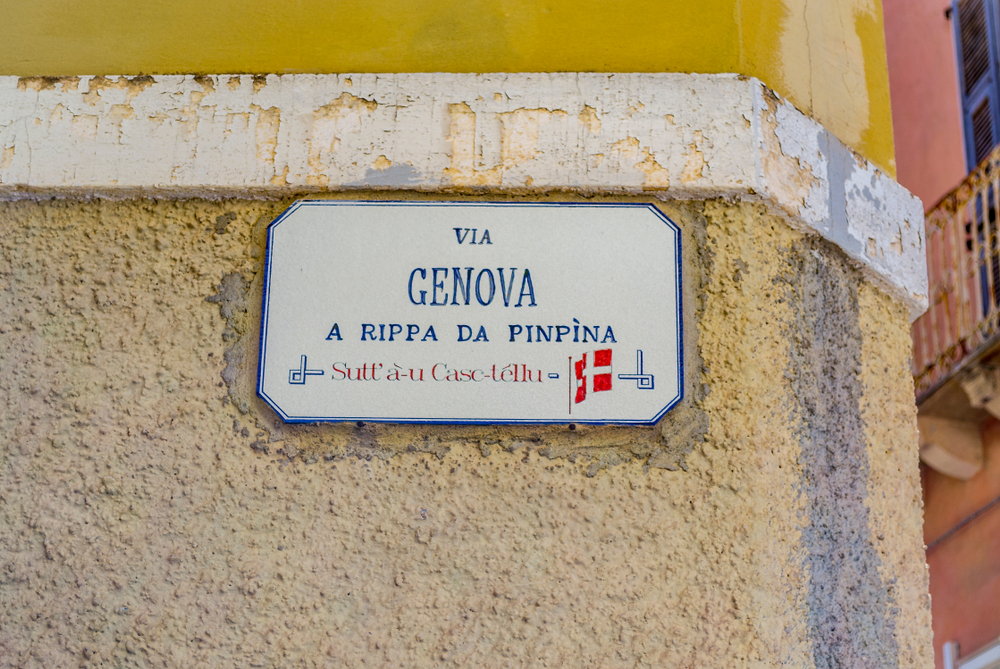Category Archives: Languages/Linguistic curiosities

Could French become the second global language in the world, after English?
by Pisana Ferrari – cApStAn Ambassador to the Global Village Yes, according to “La Francophonie” (OFI), a formal group of 58 nations across five continents, where French, spanning is officially or broadly spoken. Fifty years from now, they say, French will be spoken by 477 to 747 million people around the world. The jump from …
“Could French become the second global language in the world, after English?”
Read More
How do you say cell phone in Lakota?
by Pisana Ferrari – cApStAn Ambassador to the Global Village Developing neologisms is how languages survive, according to research by Ryan Denzer-King at the University of Montana, quoted in this article from “The Outline”. “If people are going to continue to use a language, they must be able to say what they want to say,” …
“How do you say cell phone in Lakota?”
Read More
How Brexit has changed the English language
by Pisana Ferrari – cApStAn Ambassador to the Global Village No other political event in history has generated as many neologisms as Brexit, according to this article from the BBC Culture magazine. Over 5.000, according to “The Brexit Lexicon”, a video installation by artist Simon Roberts, who has been collecting these terms since the referendum …
“How Brexit has changed the English language”
Read More
Why translated fiction is now selling better than English fiction
by Pisana Ferrari – cApStAn Ambassador to the Global Village The long list for the International Man Booker Prize, where, since 2016, the £100.000 award is divided equally between author and translator, has just been published. Two interesting novelties: 1) the list includes 8 women out of the 13 works selected 2) the list is …
“Why translated fiction is now selling better than English fiction”
Read More
How long can language protection policies still hold out against the influx of English?
by Pisana Ferrari – cApStAn Ambassador to the Global Village Since the 17th century the Académie française, an élite group of 40 “immortals”, as the members are known, serves as the official guardian of the French language. “Language may change, and society, too, but slowly, in the view of the academy”, says the author of …
“How long can language protection policies still hold out against the influx of English?”
Read More
US language education community advocates for government support
by Pisana Ferrari – cApStAn Ambassador to the Global Village “When something is a national priority, like language education, it transcends party lines and politics; language is non-partisan because of the positive impact it has on ALL individuals.” So reads the announcement for the 2019 edition of US Language Advocacy Day (LAD) (1), which took …
“US language education community advocates for government support”
Read More
Emoji as a useful precursor of reading for pre-school children
by Pisana Ferrari – cApStAn Ambassador to the Global Village Emoji might be a useful precursor to reading for children, says Wired’s Resident Linguist Gretchen McCulloch. She first raised the issue in a Tweet post in late 2018, which generated over 400 reader interactions. “By popular demand” she has since conducted an online “semi-scientific” survey …
“Emoji as a useful precursor of reading for pre-school children”
Read More
Our team about celebrating the New Year: a matter of cultural adaptation
Asking members of the cApStAn team to share their traditions for the New Year yielded some fun contributions. To start with, many pointed out, the New Year is not on the same date everywhere: according to the Orthodox Church Julian calendar, for example, the last day of the year is on 13th January, in the …
“Our team about celebrating the New Year: a matter of cultural adaptation”
Read More
Are existing languages too “patriarchal” to adequately express the feelings of women?
by Pisana Ferrari – cApStAn Ambassador to the Global Village For her dystopian novel “Native Tongue”, about a future America where women are legally subject to men in every way, linguist Suzette Haden Elgin created Láadan, a language in which the focus is on words that efficiently describe “concepts important to women.” The novel was published in 1984 …
“Are existing languages too “patriarchal” to adequately express the feelings of women?”
Read More
The language imbalance and “lopsided geography” of Wikipedia
by Pisana Ferrari – cApStAn Ambassador to the Global Village Thanks to a recent agreement between the two companies, Google will provide machine translation (MT) support for over 100 languages on Wikipedia, 15 of which were not served earlier, including Hausa, Kurdish (Kurmanji), Yoruba, and Zulu (1). The encylopedia’s volunteer content editors will have a new MT …
“The language imbalance and “lopsided geography” of Wikipedia”
Read More
Language or dialect? Making the case for “perception” as one of the defining criteria
by Pisana Ferrari – cApStAn Ambassador to the Global Village Linguist and author Søren Wichmann, from Leiden University, provides interesting insights into what defines a language in a recent article for The Wire. (1) From a political standpoint a language may simply be “that which is standardly spoken by a nation”. What about languages spoken in …
“Language or dialect? Making the case for “perception” as one of the defining criteria”
Read More
An island where 500 people speak 9 different languages but understand each other. How?
by Pisana Ferrari – cApStAn Ambassador to the Global Village South Goulburn is an island off North Australia where 500 people speak 9 different languages but somehow manage to understand each other. This happens thanks to a phenomenon that linguists call “receptive multilingualism”: in other words people just talk to one another in their own …
“An island where 500 people speak 9 different languages but understand each other. How?”
Read More